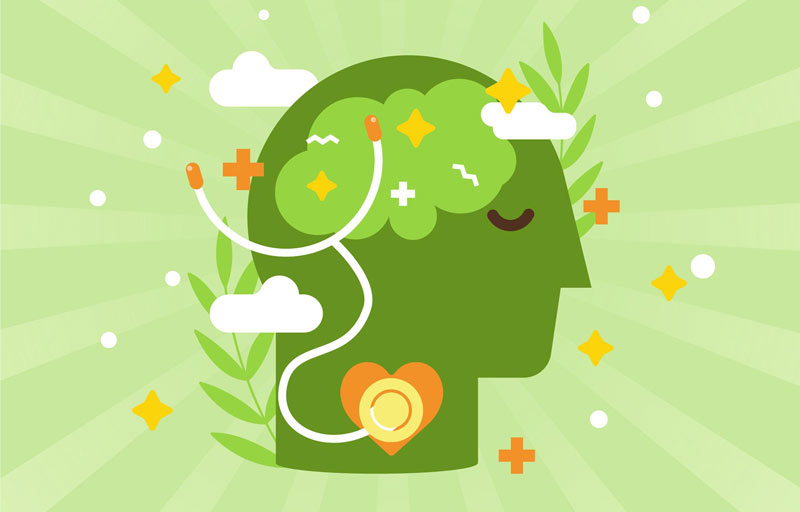
Image by Freepik
Pandemic-plagued 2020 was tough on almost everyone everywhere, and the golf industry — despite some positives, like an increase in rounds played — took its lumps. One of the most profound yet least obvious impacts might have been to the mental health of the men and women in the industry, and an anonymous survey by Syngenta Golf has shined a stark light on the issue.
- More than half of respondents (60%) experienced an increase in work-related mental health problems from March to December of 2020, and 52% of respondents said they knew of colleagues who had experienced mental health/well-being issues since March of 2020.
- Just over 1% confirmed thoughts of self-harm or suicide, and 21% confirmed alcohol or substance abuse.
- Nearly one-third said they had suffered appetite or weight changes (31%) or had feelings of guilt or worthlessness (32%).
- Nearly half confirmed feelings of depression (43%) or sleep problems (57%), while 64% had feelings described as “anxious” or “worried.”
- Just 8% took time off work because of a mental health problem, and a mere 9% sought professional counseling over the past six months.
- Though 35% of respondents said they would talk to a manager or employer about a mental health issue, more than half of organizations (57%) do not offer well-being support or programs, and 88% of respondents had not received any anxiety or stress training in the workplace.
- The bulk of the 256 respondents — from the U.S., United Kingdom, Canada and the Netherlands — were superintendents or greenkeepers (66%). The rest were PGA professionals/directors of golf (13%), club managers (11%) or “other” (10%).
Read more from Syngenta’s mental health survey.
Mental health resources for golf course superintendents
National resources:
National Suicide Prevention Lifeline
1-800-273-8255
A free, confidential crisis hotline available 24 hours a day, seven days a week. The Lifeline connects callers to the nearest crisis center in the Lifeline national network. These centers provide crisis counseling and mental health referrals.
Crisis Text Line
Text “HOME” to 741741
The Crisis Text hotline is available 24 hours a day, seven days a week throughout the U.S. The Crisis Text Line is free and serves anyone, in any type of crisis, connecting them with a crisis counselor who can provide support and information.
National Institute of Mental Health
The agency offers resources and expert-reviewed information on mental disorders and a range of related topics, including treatment, prevention and recovery.
Substance Abuse and Mental Health Services Administration
The agency provides resources on treatment facilities, data and statistics, and information on current public health topics.
GCSAA resources:
Mindfulness and self-care with Paul MacCormack
A GCSAA webinar with Paul MacCormack, the “Mindful Superintendent,” focused on topics tied to personal well-being, tailored to superintendents.
Down, but not out: A superintendent’s recovery from a brain injury
After a life-changing injury on the job and a winding road to recovery, Canadian superintendent Brian Youell has turned private hardship into a message of hope and strength.
Recommended reads, from GCMOnline.com editor Megan Hirt:
Work-Life Balance Is a Cycle, Not an Achievement
Harvard Business Review, Jan. 29, 2021
Mindfulness: An Eight-Week Plan for Finding Peace in a Frantic World
Book by Mark Williams and Danny Penman, first published in 2011
The Four Agreements: A Practical Guide to Personal Freedom
Book by Don Miguel Ruiz, first published in 1997
Tiny Buddha
Website that offers “Simple wisdom for complex lives,” with insights and stories on topics such as change and challenges, letting go, healthy habits, work fulfillment, and more. Twitter: @tinybuddha.
Brain Pickings
Website featuring contemplations on life lessons and timeless topics — loneliness, loss, aging, hope — often presented through the lens of celebrated thinkers and literary works. Twitter: @brainpicker.